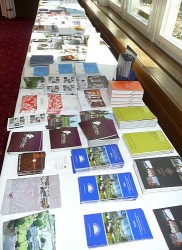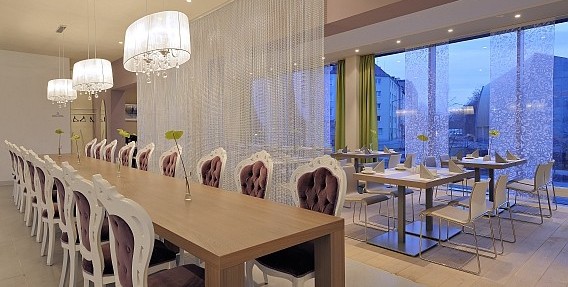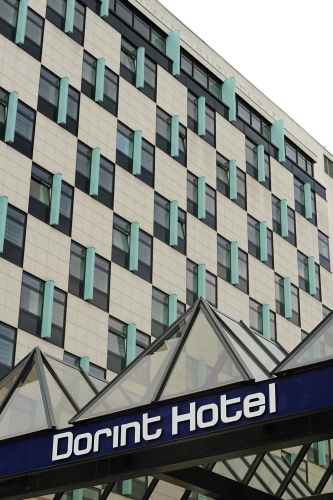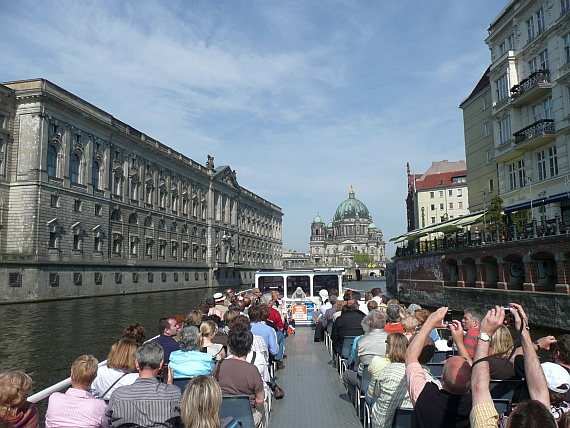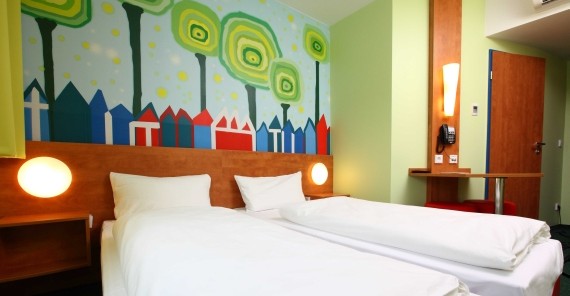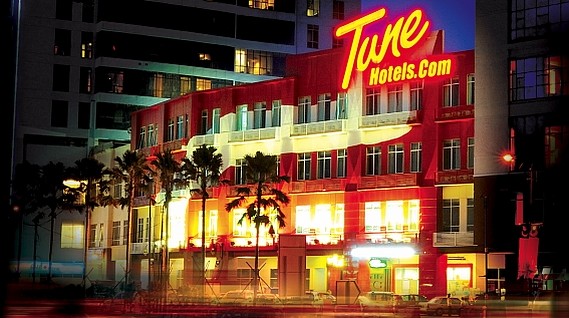
News & Stories
Interlaken. Victoria-Jungfrau Collection AG, quoted in Switzerland, will transfer the Palace Luzern building to the Credit Suisse Real Estate Fund Hospitality on June 1, 2011. The company had to cope with a loss in revenues in 2010 as well. Shareholders are to waive their dividend payout. However, VJC sees itself on the right track.
Offenbach. The internationally active marketing presence "Lobster Experience", a specialist for high-end hotels, gave birth to a new baby: "Little Lobster" – for small top luxury hotels.
Gothenburg. Branded hotels perform better than independent hotels, especially during an economic recession, according to a study done by researchers in the U.S and Sweden. The study, which covered a full economic cycle with recession and expansion, indicated that affiliated hotels are more profitable in all phases, but even more when the economic climate is frosty. A guest article by Mats Carlbäck, researcher at Gothenburg University in Sweden.
Palma de Mallorca. Children prohibited! The Meliá de Mar at the island of Mallorca does not speak it out that clearly but describes itself as an “adults only” hotel promising more exclusivity. In future, the hotel will only allows guests over the age of 15.
Ludwigsburg/Haar. Axel Mehn is contented with his "national product". As the founder of Nestor Hotels in 1987, he ventured to step into independence, but the breakthrough did not reveal itself with these 4 star products. The time came for an intensive market observation and the concept of a new brand: the 3-star acomhotels. Now there is the steep, uphill journey with them: Three of these refreshing, need-oriented, coordinated hostels in the best micro-market conditions are currently in operation, the next five are in planning, construction or negotiations. These include prime cities. Financing with well-known banking partners has been secured." I have used the time to do my homework to document the lastingness of the acom concept," says Mehn, the Managing Partner of the A.S. Hotel Holding Company mbh from Ludwigsburg, the parent of Nestor and acomhotels about his strategy, the expansion and the concept of which he thinks is extremely stable.
Berlin. The InterConti logos were promptly taken down before 1 April. With this, the top brand of the world's largest chain is no longer present in Berlin, Duesseldorf and Cologne - by appearances at least. As lessor of the three hotels, Neue Dorint held a press conference last Friday. Nevertheless, Managing Director Olaf Mertens could not provide satisfying answers to the waiting band of journalists: Negotiations are still underway in respect of two of the three locations, he explained, and subject to certain conditions, the new operators are to be introduced before Easter. Meanwhile, certain financial and contractual issues raise new thoughts.
Berlin. Lucky Berlin – the numbers of tourists are constantly on the rise, the two airports report record numbers of passengers despite the cold winter, and the city’s record attendance at the 20th anniversary of the fall of the Berlin wall from 2009 is once again obsolete. Now, Berlin is about to become the international tourist magnet. Crowded public transportation, loud parties lasting several nights, and dubious apartment rentals have sparked off a debate throughout the capital. Tourism – a blessing or a curse?
Cologne/London. It seems like the managers and lawyers at InterContintental Hotels Group have obviously pushed their luck too far: the chain loses three top locations in Germany and shrinks down to half of its former size in its “key market of Germany”. Time-wise, however, Neue Dorint GmbH misjudged the entire negotiation marathon. The new operators of the hotels in Berlin and Duesseldorf will not likely be presented today in Berlin. Yesterday evening’s status quo.
Wiesbaden. The French B&B chain has meanwhile decided to pursue an assets light strategy. In Germany, all real estate has been sold. After the sale of the majority stake to Carlyle at the end of September 2010, the group's expansion is now again moving quickly forward. In Germany alone, 27 projects are scheduled for completion by 2013 and in France B&B intends to grow by 100 hotels over the next few years. Now, B&B's annual results have attracted interest from investors.
Penang. Mark Lankester is not a hotelier but a sensitive observer. When low cost carriers manage to attract masses of people to travel by means of low-budget rates, the same method has to apply for hotels as well… Ideally, hotels follow airline routes, and therefore, Tune Hotels from Malaysia are located at destinations - presently and in future - which are served by "no frills” airlines. No frills - no extras - has also become the core idea of this young budget chain from Asia. Twelve hotels have opened, 88 are in planning. Together with an investment partner, they want to conquer Europe as well. The entrée took place in London. Behind Tune Hotels consistent and rigorous distribution rules do not take cultural differences into account. Founder of Tune Hotels, Mark Lankester, took part in the discussion of the low budget and hostel panel at this year's ITB hotel conference in Berlin; in a separate talk with hospitalityInside.com, he revealed more details about the Tune concept, which sells "5-star hotels for 1-star rates” in its marketing slogan.

